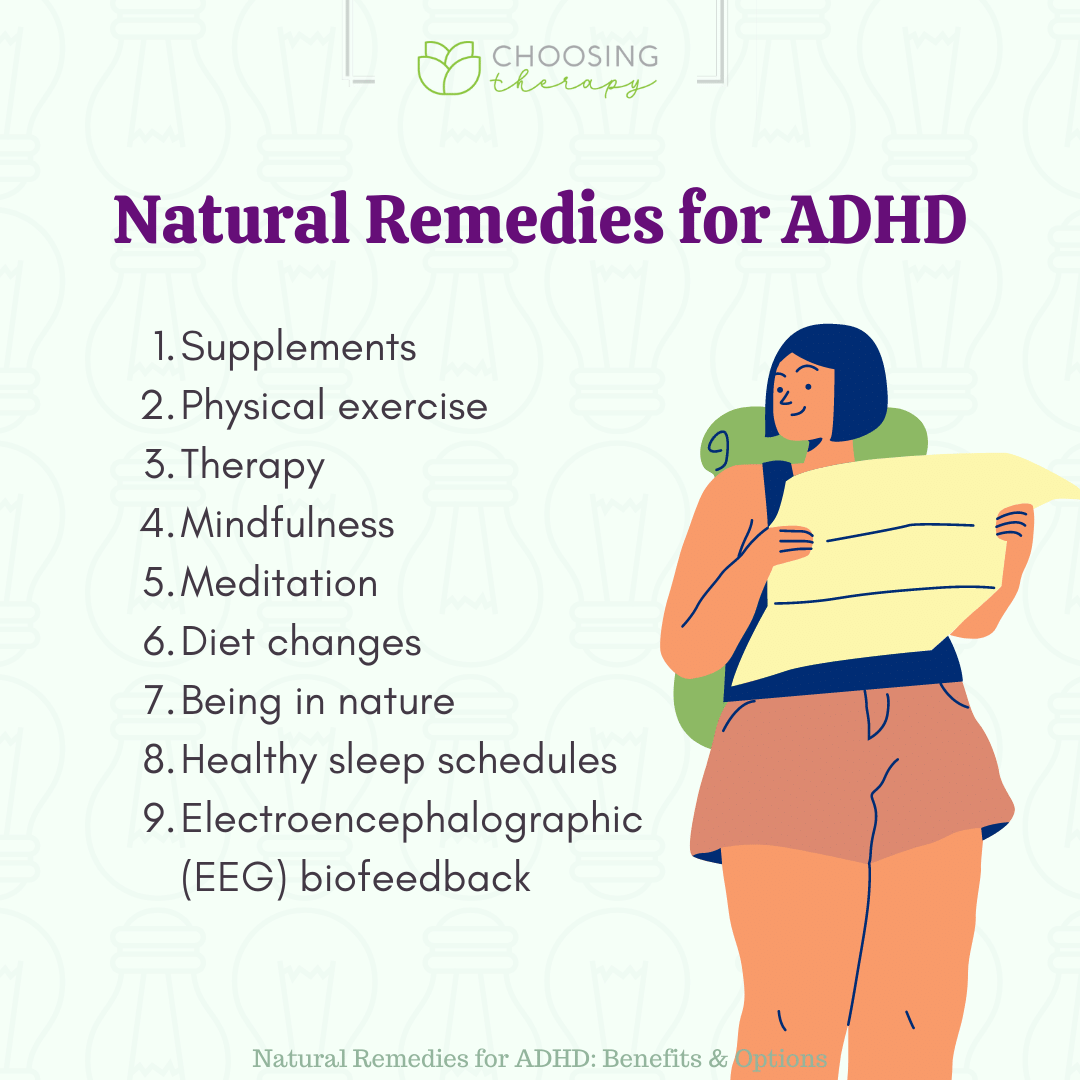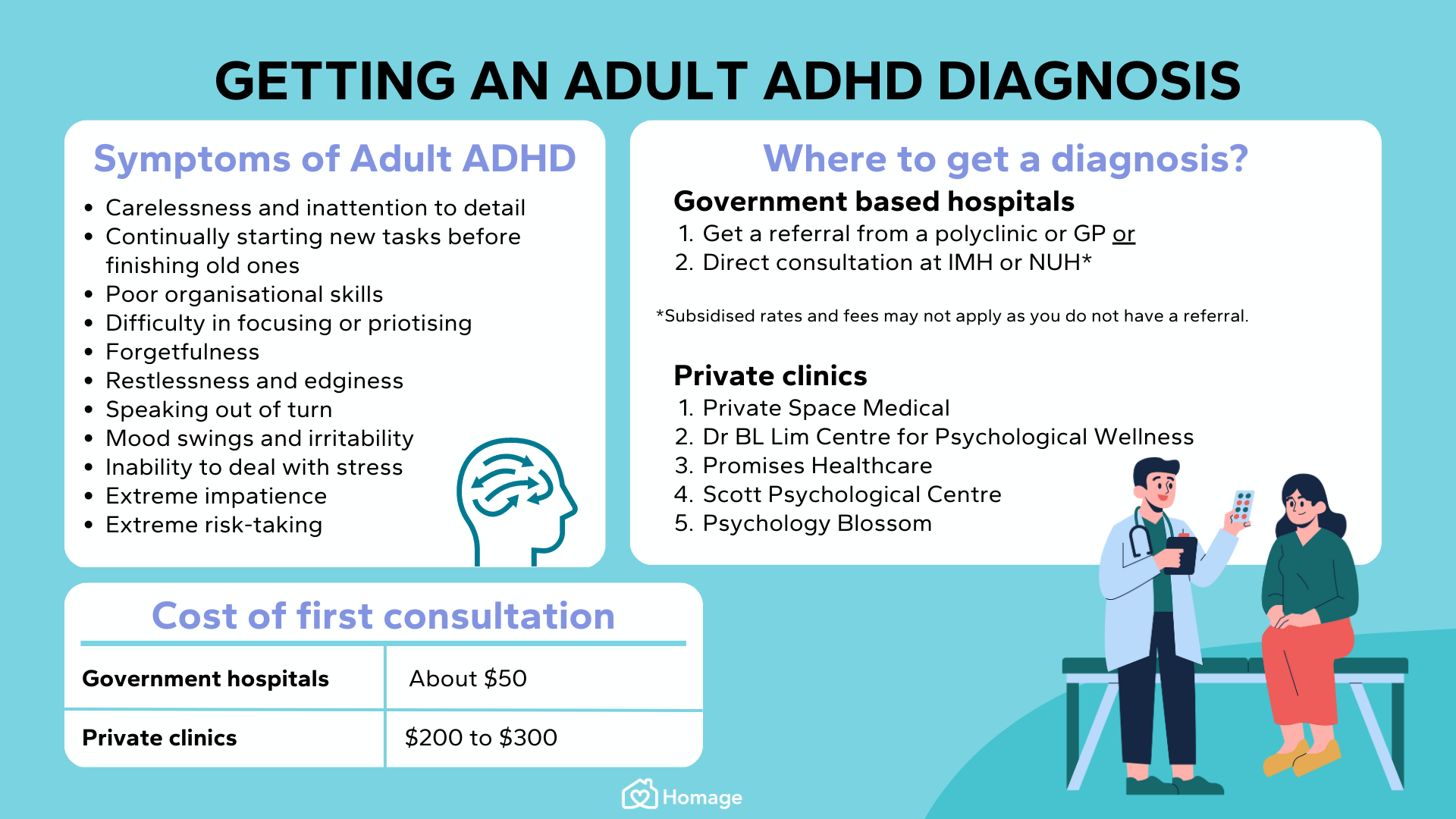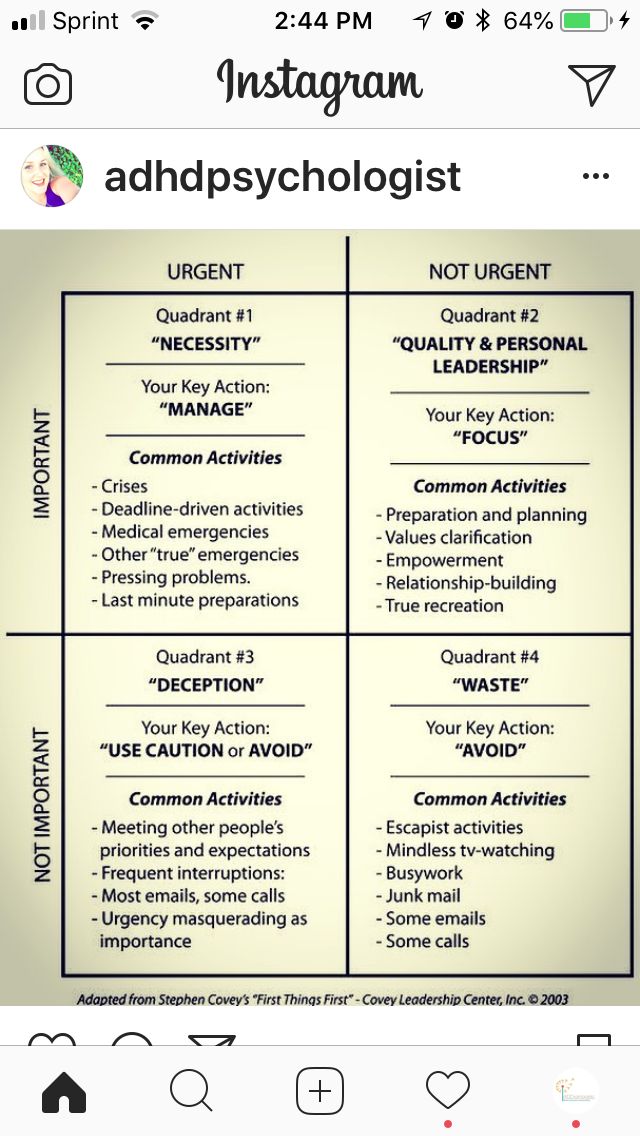Effective Natural Strategies For ADHD Symptom Relief

Table of Contents
Dietary Changes for Improved ADHD Focus and Attention
The Role of Diet in ADHD Symptom Management
The connection between diet and ADHD symptoms is increasingly recognized. What you eat significantly impacts brain function, affecting focus, attention, and mood. Specific nutrients play a crucial role in supporting optimal brain health and managing ADHD challenges. Essential nutrients include Omega-3 fatty acids, iron, and zinc.
- Omega-3 Fatty Acids: These are vital for brain structure and function. Good sources include fatty fish (salmon, tuna, mackerel), flaxseeds, and chia seeds. Including these foods in your diet can contribute to improved focus and reduced impulsivity.
- Iron: Iron deficiency can lead to fatigue and difficulty concentrating, common ADHD symptoms. Boost your iron intake with spinach, lentils, and red meat.
- Zinc: Zinc plays a role in neurotransmitter function. Good sources include nuts, seeds, and legumes.
- Limit Processed Foods, Sugar, and Artificial Additives: These can negatively impact brain function and exacerbate ADHD symptoms. Opt for whole, unprocessed foods whenever possible.
- Consider an Elimination Diet: If you suspect food sensitivities might be contributing to your symptoms, an elimination diet, guided by a healthcare professional, can help identify trigger foods.
Hydration and its Impact on ADHD Symptoms
Adequate hydration is crucial for optimal cognitive function. Dehydration can worsen ADHD symptoms, leading to increased fatigue, difficulty concentrating, and irritability.
- Dehydration's Negative Effects: Even mild dehydration can impair cognitive performance, impacting attention span and focus.
- Increase Water Intake: Aim to drink plenty of water throughout the day. Carry a reusable water bottle and set reminders to drink regularly. Consider adding lemon or cucumber for flavor.
Lifestyle Modifications to Enhance ADHD Management
The Power of Regular Exercise
Regular physical activity is a powerful tool for managing ADHD symptoms. Exercise improves focus, reduces hyperactivity, and boosts mood.
- Benefits of Exercise: Exercise increases blood flow to the brain, improving cognitive function. It also releases endorphins, which have mood-boosting effects.
- Types of Exercise: Incorporate a variety of activities, such as cardio (running, swimming, cycling), strength training, and yoga. Find activities you enjoy to ensure consistency.
- Movement Throughout the Day: Incorporate short bursts of movement throughout your day, like taking the stairs instead of the elevator or taking short walks.
Mindfulness and Meditation Techniques
Mindfulness and meditation practices can significantly improve attention and reduce impulsivity. These techniques help train your brain to focus on the present moment.
- Mindfulness Techniques: Practice deep breathing exercises, body scans (paying attention to sensations in your body), and mindful walking.
- Guided Meditation Apps: Utilize guided meditation apps like Calm or Headspace to assist with your practice.
- Benefits of Regular Practice: Regular meditation can improve attention span, emotional regulation, and reduce stress.
Sleep Hygiene and its Crucial Role
Quality sleep is essential for managing ADHD symptoms. Sleep deprivation exacerbates inattention, impulsivity, and hyperactivity.
- Sleep Deprivation's Impact: Lack of sleep directly impacts brain function, making it harder to focus and control impulses.
- Improving Sleep Hygiene: Establish a consistent sleep schedule, create a relaxing bedtime routine (avoid screens before bed), and ensure your bedroom is dark, quiet, and cool.
- Benefits of Sufficient Sleep: Getting enough sleep improves cognitive function, mood, and overall well-being.
Natural Supplements for ADHD Support (Consult a Healthcare Professional)
Exploring Potential Supplements
Some individuals find that certain supplements may provide additional support for ADHD symptoms. However, it's crucial to consult a healthcare professional before starting any new supplement regimen.
- Magnesium: May help improve mood and reduce anxiety.
- B Vitamins: Play a role in brain function and energy levels.
- Fish Oil (Omega-3s): As mentioned earlier, omega-3s are essential for brain health.
- Important Considerations: Individual needs vary, and supplements can have side effects. Your doctor can help determine if supplements are appropriate for you and recommend safe dosages. Never self-medicate.
Conclusion
This article has explored several effective natural strategies for ADHD symptom relief, encompassing dietary changes, lifestyle modifications, and the potential role of supplements. Remember, while these natural approaches can be beneficial, they are not a replacement for professional medical advice. It's crucial to work closely with your healthcare provider to develop a comprehensive treatment plan that best addresses your individual needs. By incorporating these natural strategies into your life, you can take a proactive role in managing your ADHD and achieving a greater sense of well-being. Start exploring these effective natural strategies for ADHD symptom relief today and improve your quality of life. Discuss these options with your doctor to find the best natural strategies for ADHD for you.

Featured Posts
-
 Adult Adhd Next Steps After A Suspected Diagnosis
Apr 29, 2025
Adult Adhd Next Steps After A Suspected Diagnosis
Apr 29, 2025 -
 Nyt Spelling Bee Answers For April 27 2025 Complete Solutions
Apr 29, 2025
Nyt Spelling Bee Answers For April 27 2025 Complete Solutions
Apr 29, 2025 -
 Chuck Schumer On Stepping Down I M Staying Put He Insists
Apr 29, 2025
Chuck Schumer On Stepping Down I M Staying Put He Insists
Apr 29, 2025 -
 British Paralympian Sam Ruddock Missing In Las Vegas Urgent Search Underway
Apr 29, 2025
British Paralympian Sam Ruddock Missing In Las Vegas Urgent Search Underway
Apr 29, 2025 -
 Suspect Adult Adhd Your Guide To Next Steps
Apr 29, 2025
Suspect Adult Adhd Your Guide To Next Steps
Apr 29, 2025
Latest Posts
-
 Horrific Details Emerge In Case Of Five Children Drowned By Mother
Apr 30, 2025
Horrific Details Emerge In Case Of Five Children Drowned By Mother
Apr 30, 2025 -
 L Ukraine Renforcee Les Etats Unis Facilitent L Acces Aux Systemes Antiaeriens Europeens
Apr 30, 2025
L Ukraine Renforcee Les Etats Unis Facilitent L Acces Aux Systemes Antiaeriens Europeens
Apr 30, 2025 -
 Yate Explosion And Fire Ongoing Emergency Response
Apr 30, 2025
Yate Explosion And Fire Ongoing Emergency Response
Apr 30, 2025 -
 Aide Americaine Pour Les Defenses Antiaeriennes Ukrainiennes Vers Une Cooperation Accrue Avec L Europe
Apr 30, 2025
Aide Americaine Pour Les Defenses Antiaeriennes Ukrainiennes Vers Une Cooperation Accrue Avec L Europe
Apr 30, 2025 -
 Yate Explosion Live Updates From The Scene Of The Inferno
Apr 30, 2025
Yate Explosion Live Updates From The Scene Of The Inferno
Apr 30, 2025
